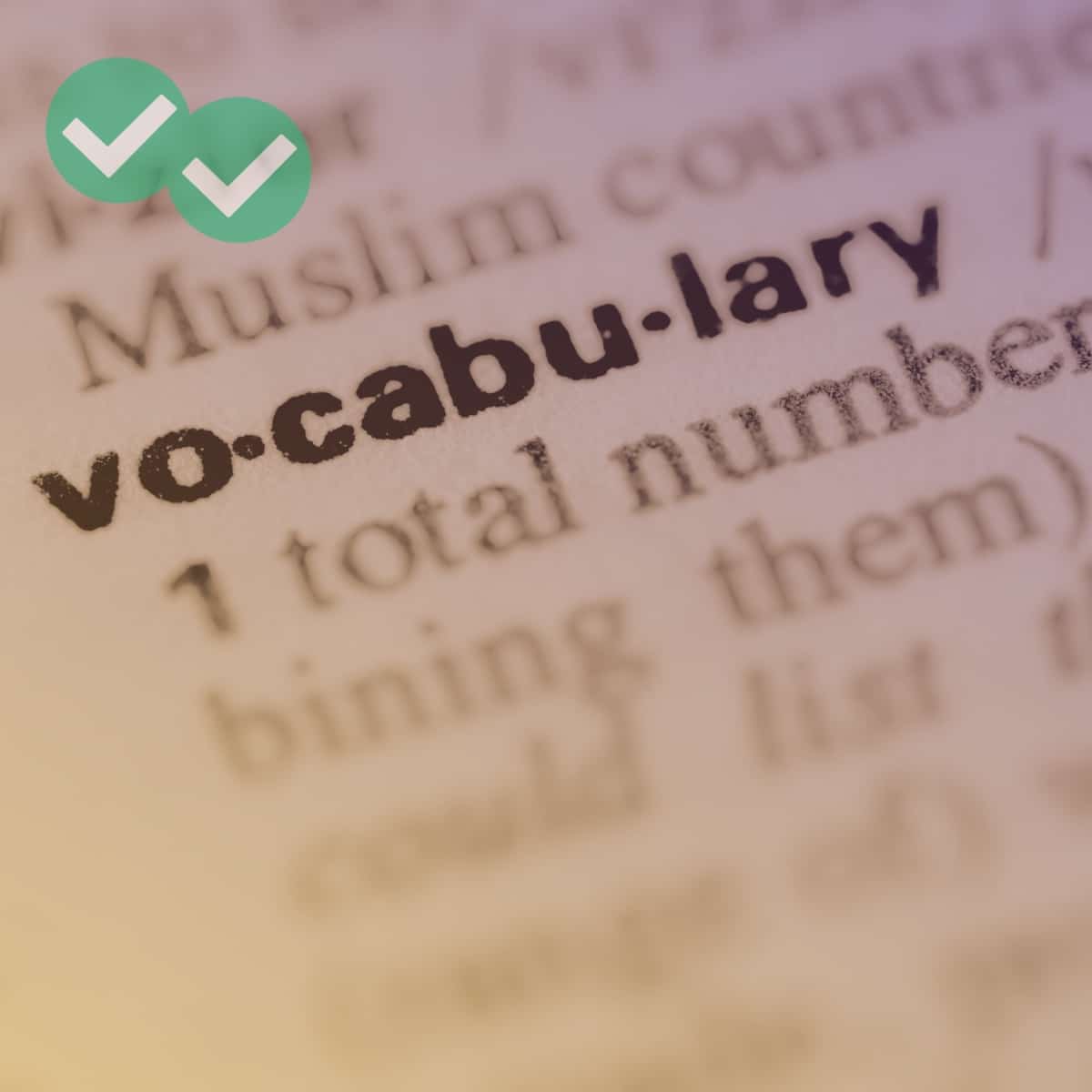Category: GRE Verbal Question Types
-

GRE Reading Comprehension: Tips and Strategies
Want to boost your GRE Verbal score? Then work on your GRE Reading Comprehension skills! GRE Reading Comprehension is the most significant part of GRE Verbal Reasoning. In fact, there are 5-7 RC passages and 10-13 of these question types in each of the two Verbal sections on the exam—meaning that RC questions will always…
-

Tackling Text Completion GRE Questions: Tips and Techniques
Text Completion questions are a unique and challenging component of the GRE Verbal Reasoning section. These questions assess your ability to comprehend and analyze complex written passages while selecting the most suitable words to complete them. Mastering text completion questions requires a combination of critical reading skills, vocabulary knowledge, and strategic thinking. Understanding Text Completion…
-

Mastering Sentence Equivalence on the GRE
The Sentence Equivalence section is a unique and challenging component of the GRE Verbal Reasoning section. When tackling this section, you’ll need to select two answers from a list of six options to complete a given sentence. Here’s the key: both chosen answers should independently complete the sentence while keeping its original meaning. This part…
-

GRE Text Completion
Pop quiz: what’s like a sentence completion but trickier? If you answered GRE text completion, you’d be right. A GRE text completion is similar to a sentence completion, but has a few important differences. For one, there can be multiple sentences in a text completion. In fact, this GRE Verbal question type may sometimes run on…
-
GRE Verbal Sections: Question Type Breakdown
As you get started in your GRE prep, you’ll realize one thing quickly: understanding GRE Verbal question types is super important. If you’ve taken a diagnostic test, you’ve probably already seen why. The mixture of question types requires you to change gears quickly, going from a simple(r) vocabulary question to one in which you have…
-
GRE Reading Comprehension Pacing
It is easy to think that GRE pacing can just be reduced to a simple calculus: 30 minutes for 20 questions, equals 1.5 minutes per question. Things, however, are a lot more complicated than that. To really get a handle on pacing you are going to need to understand the nuances of the GRE verbal…
-
Inferences Questions in GRE Reading Comprehension
The GRE requires a very specific type of inference, not like the ones we typically make in our day to day. Instead of making bold claims about observed phenomenon, mingling aggregated experience with intuition, on the GRE, inferences must be based solely on the text. Let me show you what I mean. First an excerpt…
-
Main Idea Questions in GRE Reading Comprehension
Everything you read is focused on some core concept, often called the main idea or primary purpose. The GRE passages are no exception. Each passage contains a main idea, usually established early in the passage, like in the first paragraph. Sometimes the passage builds to the main idea in which case it will be at…
-

GRE Paragraph Argument Workshop
Before we embark, take a look at the following: Downtown Greensborough is a major financial center in which many citizens either drive or rely on public transportation to get to work. This setup has led up to a spate in the number of pedestrians who have been struck and killed by vehicles. In an effort…
-
GRE Critical Reasoning Question Type: Assumption Questions
Assumption questions are relatively common on the GRE Critical Reasoning component of the Reading Comprehension section. You know you are dealing with an assumption when the question is something like this: Which of the following is an assumption on which the argument depends? Much like Strengthen/Weaken questions, Assumption questions require you to identify the premises…





